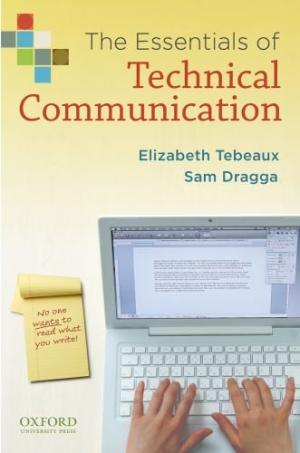In your particular circumstance: No. That is not normal.
If I am given something to provide feedback, then I will read it all; OR I will read it all until I have seen enough to not bother reading the rest. Then I will provide my advice, and if I didn't finish it I will tell them where I stopped, and why I stopped.
Usually if I stop it is because the same mistake is being made repeatedly and needs to be fixed to make the text readable.
Don't trust the person giving the feedback, especially on story elements or character building; they aren't reading enough to tell you anything useful. Find another test reader, or compare yourself to a published author you like, or check your writing against published advice by professionals. Any of those are better than a half-ass job from somebody that clearly doesn't know how to review writing; or just doesn't enjoy reading, or doesn't want to tell you they don't like your writing.
EDIT to respond to OP's comment; the person I had given this to had also given me things of his for immediate review.
Ah. I'd suggest a modification to your arrangement, if he is willing. Exchange things to review each week, but instead of going over this week's exchange, go over last week's exchange.
Unfortunately, praise may make you feel good, but is not very effective at review. Instead the best reviews are negative.
So I would try to agree that the reviews WILL be all negative, so both of you expect that, but also keep it impersonal and clinically negative. What seemed to stall, what didn't make sense, what seemed unrealistic or contrived (in prose or dialogue), what was confusing on first read. What needs some imagery, or color, or feeling, or sensation. Do some clinical work on his submission without the pressure of him watching you. Refrain from praise, the best thing you can say about a paragraph is "I couldn't find anything wrong with this."
I'd agree up front, you don't make excuses or argue about this or insist you are right. You can ask for clarifications, but take your punches. You don't have to agree with him!
Receive his clinical opinion knowing it is not going to be praise, but 100% critical. Don't get your feelings hurt because he did not enthuse, your handshake agreement is that he won't get enthused, and neither will you!
The problem with praise is giving it can create resentment in the giver if it is not returned in equal measure or frequency, and for many of us, receiving praise feels like we have an obligation to reciprocate even if reciprocation is undeserved; so we lie, or hold back in our criticism, as a favor in return for the praise.
This is less of a problem with clinical criticism; by which I mean the criticism is not insulting, it is just noting where things don't read smoothly, or seem too long, or too abrupt, or otherwise causes cognitive dissonance that breaks reader immersion.
Because unlike praise you don't feel like you are giving somebody something nice. You don't feel like they owe you anything, because it feels like you are giving them bitter medicine.
But in reality, what you are giving him is what he needs most, honest criticism without being brutal or mean, so he can improve his writing.
Once you are done with your reviews, put the writing aside and do something more pleasant. Have lunch or talk about movies or books or TV or something fiction related. Anything so you don't leave on the negative notes; otherwise you will get tired of these meetings.

